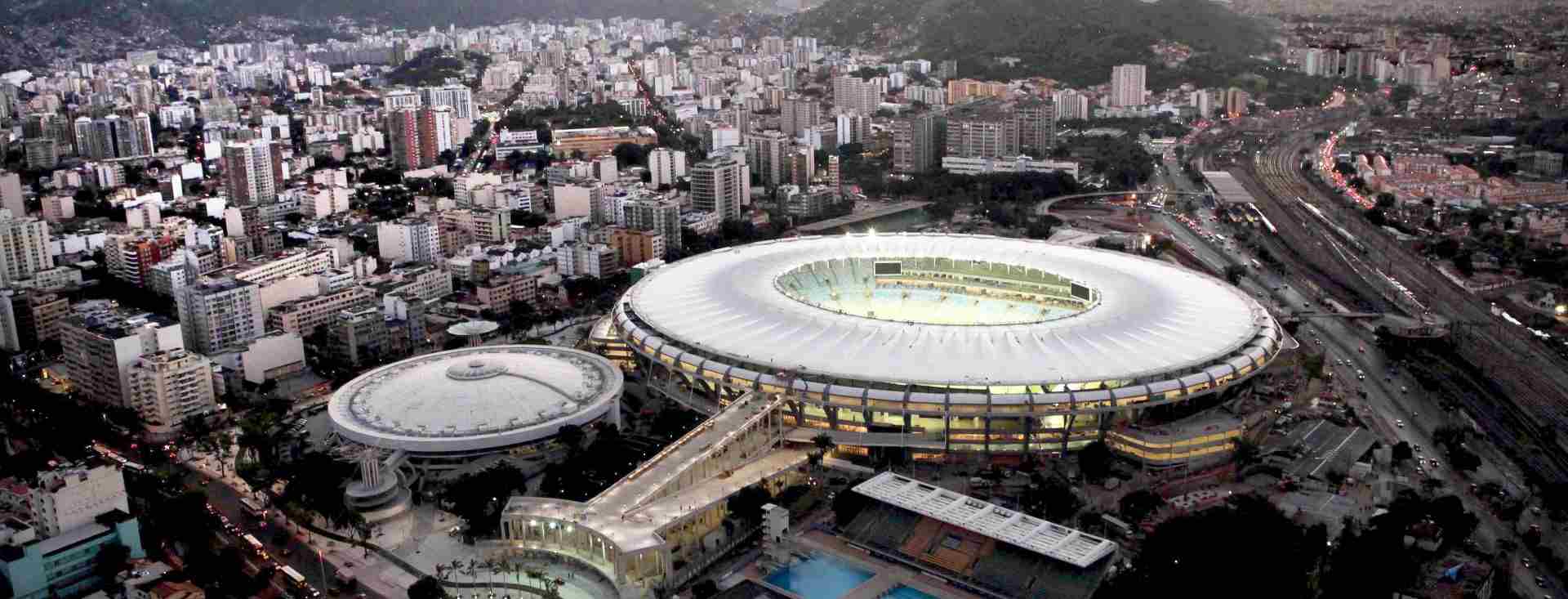

Key Takeaways:
- The city of Rio de Janeiro is proposing to sell the Maracana Stadium to help repay its €1.89 billion debt to the Brazilian government
- On each matchday, the stadium currently incurs maintenance costs of approximately €160,000
- If approved, the sale could generate an estimated €320 million, though the initiative must still pass a plenary vote in the Alerj
Financial Constraints Prompt Stadium Sale Proposal
The authorities in Rio de Janeiro have put forward a plan to privatise the renowned Maracana stadium as a measure to reduce the city’s considerable financial obligations to the Brazilian government, which presently amount to €1.89 billion. By transferring the ownership of the stadium and its surrounding sports complex into private hands, the city aims to not only secure injection of much-needed funds but also eliminate significant operational expenditures. Reports indicate the venue currently costs the city around €160,000 each time it hosts a match.
Dans l'optique de rembourser sa dette envers le gouvernement brésilien, la ville de Rio de Janeiro veut mettre en vente le légendaire stade brésilien du Maracana et également s'éviter, en le privatisant, les coûts de son entretien.
➡️ https://t.co/d0VSHE4QUh pic.twitter.com/yUBxDLViGB
— L'Équipe (@lequipe) October 28, 2025
Rodrigo Amorim, president of the Constitution and Justice Commission within the Legislative Assembly of the State of Rio de Janeiro (Alerj), told local media, “We have to reduce the most expensive costs and currently the Maracana stadium costs around €160,000 per match.” Amorim emphasised that, unless the sale is completed, repaying Rio’s debt will remain a near impossibility. The commission estimates that the privatisation process could yield proceeds of around €320 million, a substantial sum that would be directed towards servicing the debt. However, this recommendation requires further approval from the assembly during its plenary session, leaving potential for further revision or amendments.
| Debt to Government | Stadium Operating Cost (per match) | Estimated Sale Value |
|---|---|---|
| €1.89 billion | €160,000 | €320 million |
Historic Efforts and Public Response
This is not the first attempt by the city to privatise the Maracana. Back in 2011, Eike Batista – then Brazil’s wealthiest entrepreneur – entered negotiations for a purchase, yet the deal failed to be finalised. The issue continues to spark significant debate and controversy within Brazil, as the stadium is treasured for its cultural and sporting legacy.
Maracana’s Enduring Sporting Significance
The Maracana holds a unique place in global football history, having famously accommodated a crowd of more than 173,000 spectators for the 1950 World Cup final, where Brazil suffered a 2-1 defeat to Uruguay, an event forever remembered as the Maracanaço. In recent times, the venue is the shared home ground of two of the city’s football giants, Fluminense and Flamengo. Of particular note, Flamengo are set to contend for a place in the Copa Libertadores final on Thursday evening when they face Argentina’s Racing Club. Looking ahead, regardless of changes in ownership, the Maracana is already scheduled to be a host venue for the 2027 Women’s World Cup.




